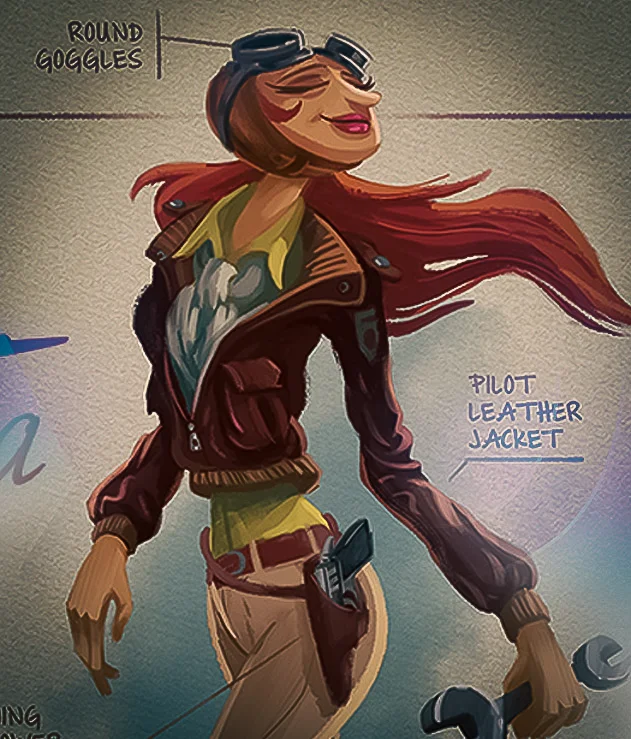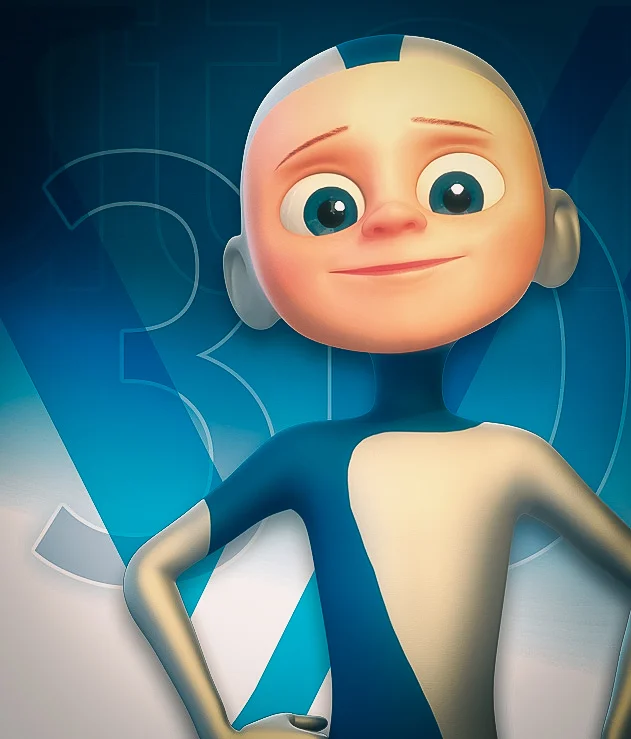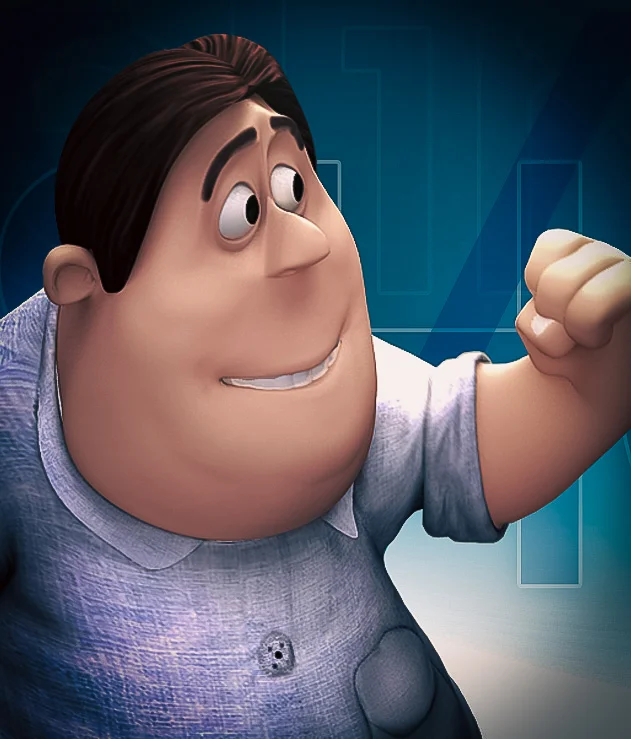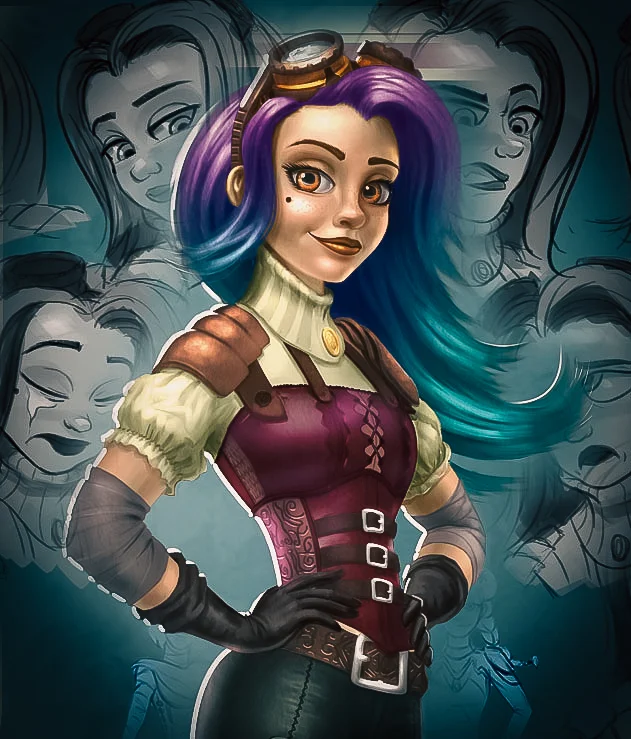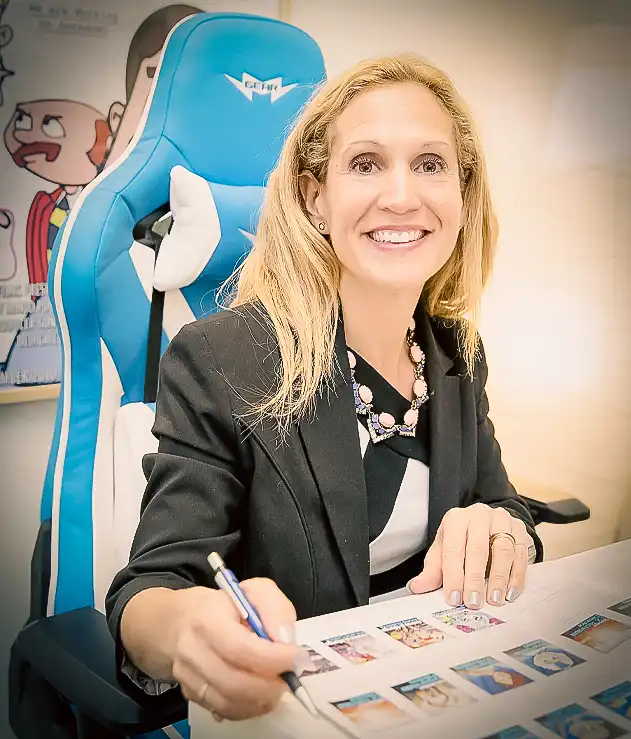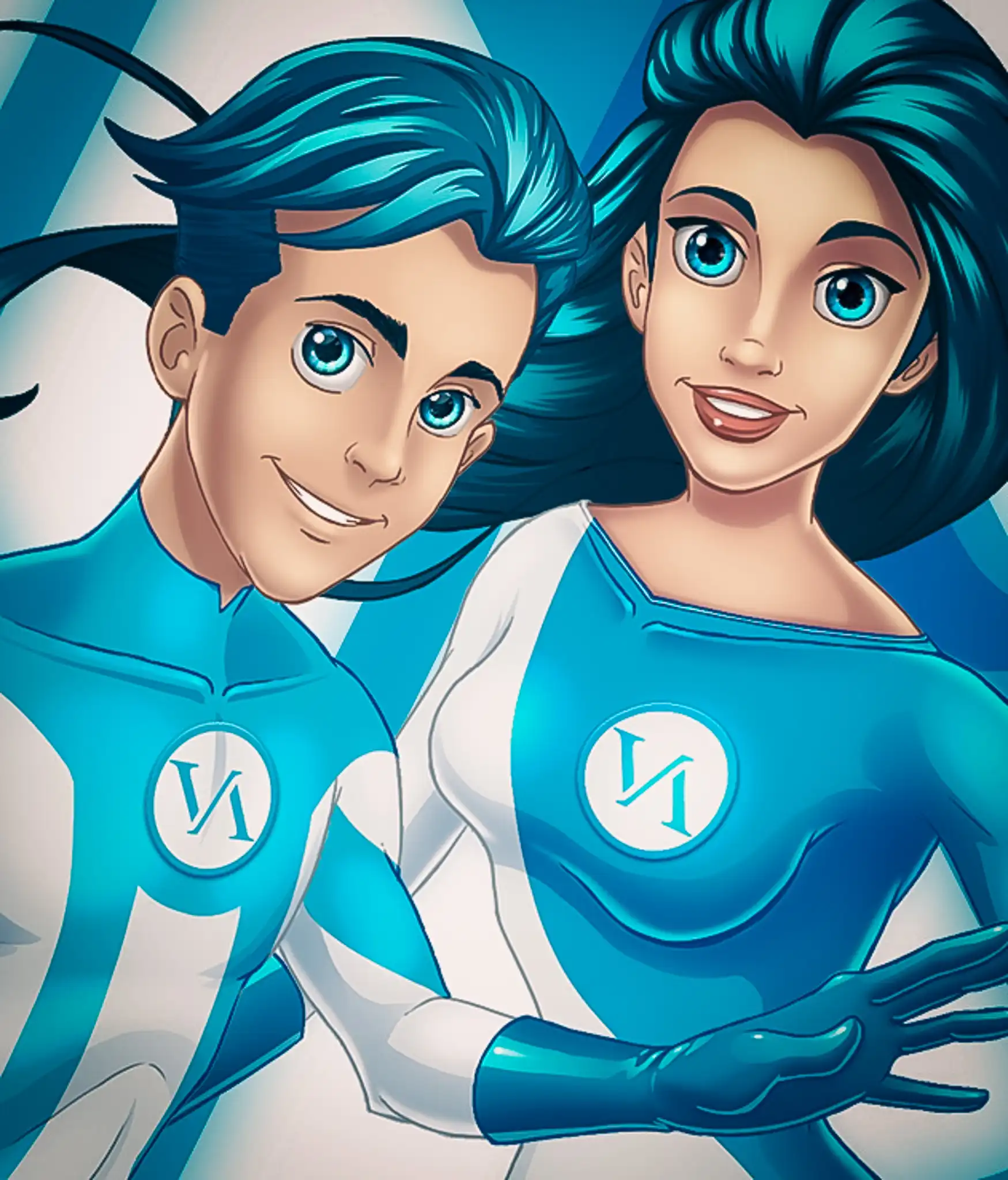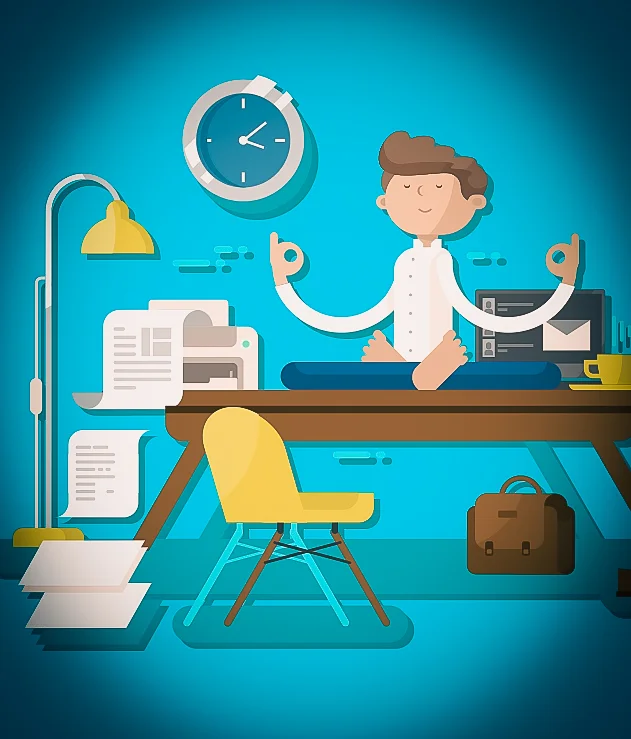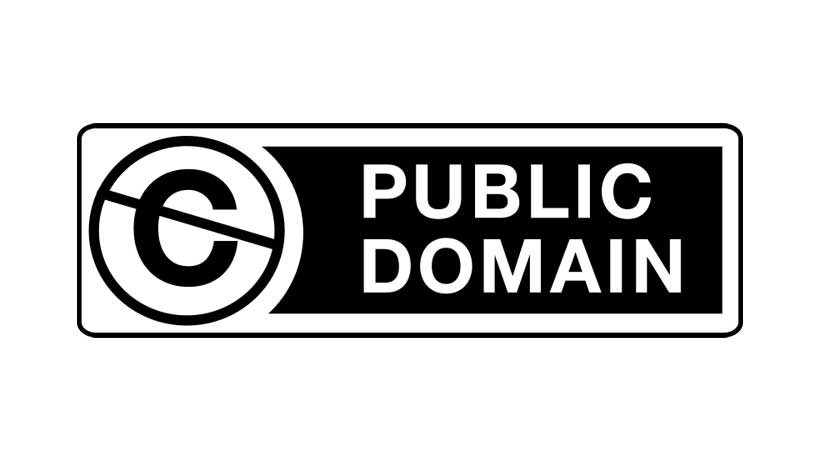 Image: Public Domain
Image: Public Domain
Author: VANAS
Marvel and DC Super Hero Trademarks in Public Domain
Table of Contents
- Overview of the Superhero Trademark Ruling
- Implications for the Animation Industry
- The Power of Public Domain
- Opportunities for Indie Creators
- Reactions from the Animation Community
- The Future of Superheroes in Animation
- Frequently Asked Questions
Overview of the Superhero Trademark Ruling
In a surprising twist, Marvel and DC Comics have lost their trademark for the term "super hero," making it available for everyone to use. This all started when an artist from the UK challenged their ownership of the term, arguing that it shouldn’t belong to just two companies. When Marvel and DC didn’t respond to the petition, the U.S. Trademark Office stepped in and ruled in favor of the artist.
This change is big news for both comic book fans and animation lovers. Since superheroes are often at the heart of animated shows and movies, this ruling could open up new doors for creativity and storytelling in the animation world. The lawyer for the artist summed it up well: “By establishing SUPER HEROES’ place in the public domain, we safeguard it as a symbol of heroism available to all storytellers.” This means that anyone can now create their own superhero stories without worrying about legal issues.
Implications for the Animation Industry
Losing the trademark could seriously shake up the animation industry, especially in how superheroes are portrayed.
The Power of Public Domain
When terms and characters enter the public domain, it means anyone can use them freely without paying for licenses or worrying about legal trouble. Now, new animated shows can include superheroes without having to deal with Marvel or DC.
For instance, creators can make up their own superhero stories inspired by classic characters without the fear of infringing on established trademarks. This opens up a world of possibilities for unique character designs, plotlines, and themes that might not fit the usual superhero mold.
Opportunities for Indie Creators
The animation scene has seen more indie creators looking to make their mark outside the big studio system. With "super hero" now free for all, these creators can dive into superhero stories from fresh angles.
Picture an indie animated series about a superhero team made up of characters from different cultures and backgrounds. This kind of representation can lead to deeper storytelling and characters that resonate with a wide audience.
As the artist behind the challenge put it, “Marvel and DC cannot claim ownership over an entire genre.” This message strikes a chord with many who believe that creativity should be for everyone. Now, up-and-coming animators and writers can share their own unique visions of superheroes.
Reactions from the Animation Community
The animation community has largely welcomed this news. Many professionals see the ruling as a way to breathe new life into superhero stories.
- Creative Freedom: Animators and writers can explore new and unconventional tales without the risk of getting into legal trouble. This could lead to exciting shows that break away from traditional superhero tropes.
- Increased Competition: More creators entering the superhero arena means viewers will have a wider variety of animated shows to choose from. This could spark a healthy competition that encourages studios to up their game.
- Collaborative Projects: Independent creators might start teaming up more easily, combining their talents to craft unique animated superhero stories that showcase a range of viewpoints. These collaborations could create a rich mix of narratives that appeal to all kinds of audiences.
The Future of Superheroes in Animation
The future for superheroes in animation looks bright and full of possibilities. With the ability to explore the superhero genre without restrictions, creators are bound to push the limits of storytelling.
Expanding the Definition of a Superhero
As more diverse creators step into the spotlight, the idea of what a superhero is likely to change. Instead of just focusing on superpowers, stories might delve into personal growth, community issues, and moral challenges.
This shift could lead to animated shows featuring superheroes who:
- Fight for Justice: These heroes might take on social issues, using their abilities to advocate for causes like climate change, equality, or mental health awareness.
- Overcome Personal Struggles: Audiences could connect with characters who face real-life challenges, providing deeper character development and relatability.
- Embrace Imperfections: New stories might celebrate flawed heroes, showcasing their struggles and making them feel more human and relatable.
Blending Genres
With the trademark gone, creators might also mix genres more freely. Imagine a superhero show that combines elements of comedy, drama, and even horror. This could lead to fresh, innovative content that keeps audiences engaged and entertained.
Frequently Asked Questions
What does the trademark ruling mean for creators?
- Creators can now use the term "super hero" in their stories without worrying about legal issues, allowing for more creativity and diversity in superhero narratives.
Will this affect existing superhero shows?
- No, existing shows will continue as they are, but new creators can now explore themes and characters without legal restrictions.
Can I create my own superhero?
- Absolutely! With the term now in the public domain, you can come up with your own superhero stories without needing to license anything.
How might this impact animation studios?
- Studios might feel the pressure to innovate and create unique content, as they now face competition from indie creators who can produce superhero stories without restrictions.
What types of stories might we see in the future?
- We can expect a variety of narratives that focus on social issues, personal growth, and diverse characters, expanding the definition of what it means to be a superhero.

